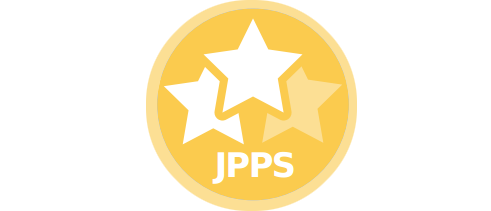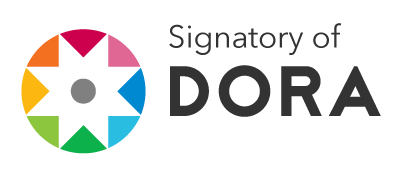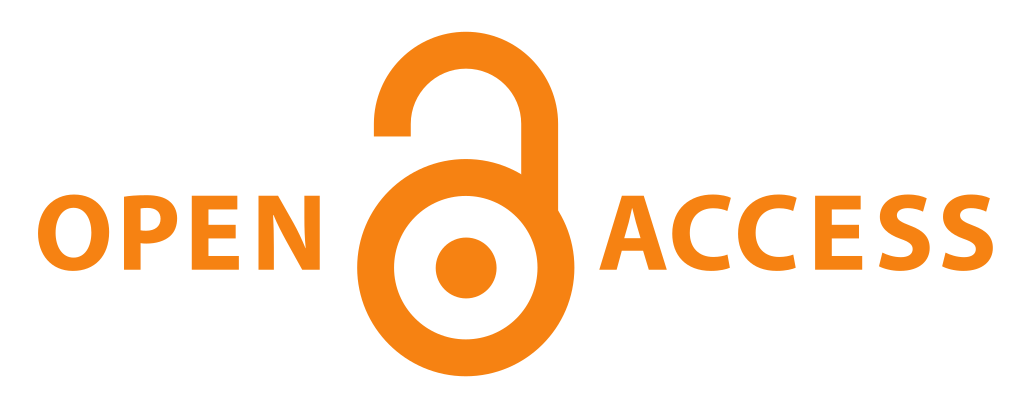Case Study: Teaching Research to High School Students of the International School During the Lective Period 2021 - 2022
Keywords:
teaching process, school research, research skills, collaborative work, secondary educationAbstract
This work is a case study, whose objective is centered around determining if students in 11th grade at International School of Tegucigalpa, Honduras are apt to carrying out an investigation project. The population that was the objective of this study was accompanied with the dynamic of "Learning by doing", with the purpose of perceiving the expectations a priori, along with the strengths and weaknesses in regards to acquired skills for the development of an investigation. In the results, there are stages in the teaching and learning process in regards to the investigation that are shown as evidence in a quantitative order, obtained from the student´s projects. Although the focus of the study is strictly qualitative. The main idea of the study was to discover if the students receive the procedural competences in order to realize an investigation project, detecting their strengths and weaknesses. Via observation of the participant and through an interview of 14 students (n=86), we found that they do not possess the competences prior to the realization of an investigation project, but that through a collaboration, they were apt to evidencing attitudinal and cognitive competencies for these purposes.
References
Acosta Corporan, R., Hernández Martín, A., y Martín García, A. V. (2021). Satisfacción del profesorado y alumnado con el empleo de Metodologías de Aprendizaje Colaborativo mediada por las TIC: Dos estudios de casos. Estudios pedagógicos (Valdivia), 47(2), 79-97. https://dx.doi.org/10.4067/S0718-07052021000200079
Aguilar, A., Güity, S. y Hurtado, J. (2010). Diseño y validación de guías metodológicas para el desarrollo de competencias del segundo nivel de educación básica. Investigación educativa en la UPNFM: 2006-2010, 1, 166-171.
Aldana de Becerra, G. M. (2008). Enseñanza de la investigación y epistemología de los docentes. Educación y Educadores, 11(2), 61-68. http://www.scielo.org.co/scielo.php?script=sci_arttext&pid=S0123-12942008000200004&lng=en&tlng=es
Berrios, M., Lazcano, I., y Madariaga, A. (2017). Intervención en educación del ocio para la infancia en Honduras desde un enfoque humanista. Contextos educativos: revista de educación, 2, 131-145. http://doi.org/10.18172/con.3066
Cano Martínez, I. (2009). La investigación escolar: un asunto de enseñanza y aprendizaje en la Educación Secundaria. Investigación en la Escuela, (67), 63-79. https://doi.org/10.12795/IE.2009.i67.05
Londoño, G. (2008). Aprendizaje Colaborativo Presencial, Aprendizaje Colaborativo Mediado por Computador e Interacción: Aclaraciones, aportes y evidencias. Revista Q, 2(4), 23. htpp://revistaq/upb/edu.co
Maldonado, L. F., Landazábal, D. P., Hernández, Ruíz, Y., Claro, A., Vanegas, H. y Cruz, S. (2007). Visibilidad y formación en investigación: estrategias para el desarrollo de competencias investigativas. Studiositas, 2(2), 43-56. https://repository.ucatolica.edu.co/handle/10983/502
Martínez Miguélez, M. (2005). El método etnográfico de investigación. http://chamilo.cut.edu.mx:8080/chamilo/courses/HACIAUNAEVEQUITATIVAYREFLEXIVA16/document/ETNOGRAFIA/El_metodo_Etnografico.pdf
Moncada, G., Hernández, R., Chávez, M., Orellana, D., Alas, M., y Hernández, B. (2003). Uso e impacto de la información empírica en la formulación y ejecución de políticas de educación básica en Honduras en el período 1990-2002. https://www.thedialogue.org/wp-content/uploads/2005/01/05-MONCADA.pdf
Muñoz Giraldo, J. F., Quintero Corzo, J. y Munévar Molina, R. A. (2002). Experiencias en investigación- acción-reflexión con educadores en proceso de formación. Revista Electrónica de Investigación Educativa, 4 (1), 1-15. https://redie.uabc.mx/redie/article/view/51
Muñoz Giraldo, J. F., Quintero Corzo, J. y Munévar Molina, R. A. (2001). Cómo desarrollar competencias educativas en educación (Primera edición). Cooperativa Editorial Magisterio.
Ramírez, A. (2019). Semilleros escolares de investigación. Memorias de un proceso. Instituto para la Investigación Educativa y el Desarrollo Pedagógico. Secretaría de Educación, Colombia.
Ramírez, E., y Rojas, R. (2014). El trabajo colaborativo como estrategia para construir conocimientos. Revista Virajes, 16(1), 89-101. http://vip.ucaldas.edu.co/virajes/downloads/Virajes16(1)_6.pdf
Rivadeneira Rodríguez, E. M. (2013). ¿Cómo las competencias actitudinales ayudan a conseguir un adecuado aprendizaje en discentes? Espiral, 3(1), 57-64. https://doi.org/10.15332/erdi.v3i1.431
Salgado R. U. y Soleno R. (2002). Reformas educativas en Honduras desde 1990. Tegucigalpa, Fondo Editorial UPNFM.
Sánchez Puentes, R. (2000). Enseñar a investigar: una didáctica nueva de la investigación en ciencias sociales y humanas. Universidad Nacional Autónoma de México.
Secretaría de Educación. (2015). Plan de Estudio y Programas Curriculares Bachillerato Internacional en Ciencias y Humanidades. https://www.se.gob.hn/media/files/educmedia/documentos/doc/BCH_INTERNACIONAL.pdf
Tapia, J. A. (2005). Motivaciones, expectativas y valores-intereses relacionados con el aprendizaje: el cuestionario MEVA. Psicothema, 17(3), 404-411. https://www.redalyc.org/articulo.oa?id=72717307
Vásquez Córdova, A. (2010). Competencias cognitivas en la educación superior. Revista Electrónica de Desarrollo de Competencias, 2(6), 34-64. https://upvv.clavijero.edu.mx/cursos/LEB0105/documentos/competenciascognitivas.pdf
Downloads
Published
How to Cite
Issue
Section
License
Copyright (c) 2022 Paradigma: Revista de Investigación Educativa

This work is licensed under a Creative Commons Attribution-NonCommercial-NoDerivatives 4.0 International License.








